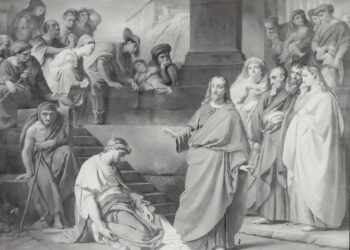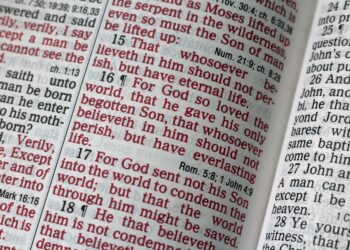The evolution of religious beliefs over time has been a fascinating and complex process. Religion has played a significant role in human society since the beginning of time. For centuries, humans have tried to understand and make sense of the world around them, including the existence of a higher power or supreme deity. The ways in which individuals and societies have answered this question have varied greatly over time, reflecting changes in geography, culture, and technology.
The oldest known human societies were hunter-gatherer bands, and they likely believed in animism, the belief that everything in nature has a spirit. Animism is still practiced today in indigenous cultures around the world, such as those in parts of Africa, Australia, and South America. As hunter-gatherer societies began to settle down, agricultural societies developed, and religious beliefs became more complex.
One of the earliest known religions to develop was ancient Egyptian religion, which dates back to around 4000 B.C. They believed in a pantheon of gods and goddesses, with each god and goddess having specific responsibilities and powers. The Egyptians also believed in an afterlife, and the mummification process was developed in order to preserve the body for the journey to the afterlife.
The ancient Greeks and Romans also had complex pantheons of gods and goddesses, and they played a significant role in daily life. Religion was intertwined with politics and culture, and the gods were often believed to be involved in human affairs.
As trade and imperial expansion brought different cultures together, syncretic religions developed. These were religions that combined elements of different cultures and belief systems. One of the most well-known syncretic religions is Christianity, which developed in the first century A.D. and incorporated elements of Judaism, Roman and Greek religious beliefs, and other cultural traditions.
As science and technology developed, religious beliefs evolved to incorporate these new ways of understanding the world. For example, the scientific revolution of the 16th and 17th centuries influenced the development of deism, the belief in a distant, impersonal God who created the universe but does not intervene in human affairs.
Throughout history, there have been religious movements and reformations that have sought to challenge and change existing religious beliefs. One example is the Protestant Reformation, which began in the 16th century and led to the formation of new Christian denominations such as Lutheranism, Calvinism, and Anglicanism.
More recently, globalization and secularization have had a significant impact on religious beliefs. In many parts of the world, there has been a decline in religious observance and an increase in secularism. At the same time, new religious movements have emerged, such as Scientology and the New Age movement.
In conclusion, the evolution of religious beliefs over time has been shaped by many factors, including geography, culture, technology, and scientific advancement. As new information and ways of understanding the world become available, religious beliefs will continue to evolve and adapt. Religion will likely continue to play a significant role in human society, as it has for countless generations.













